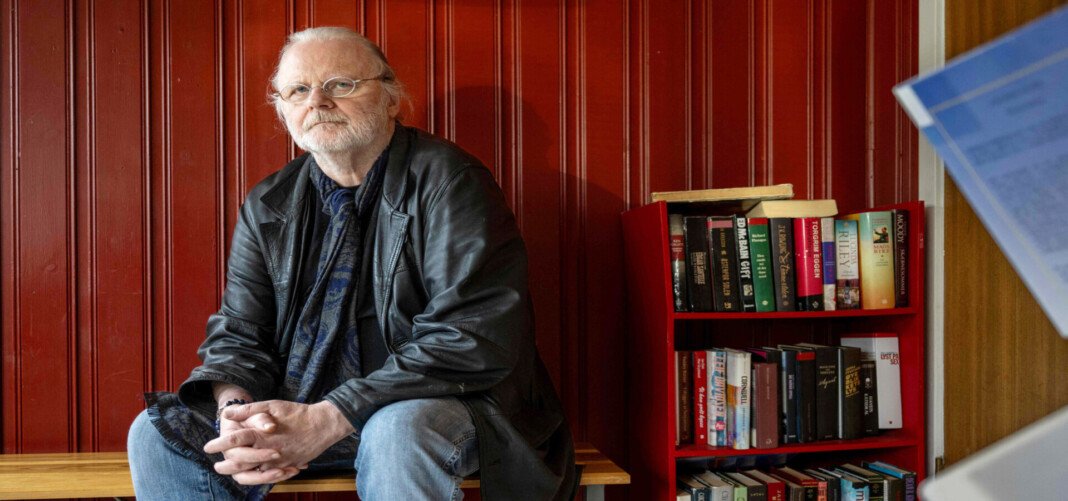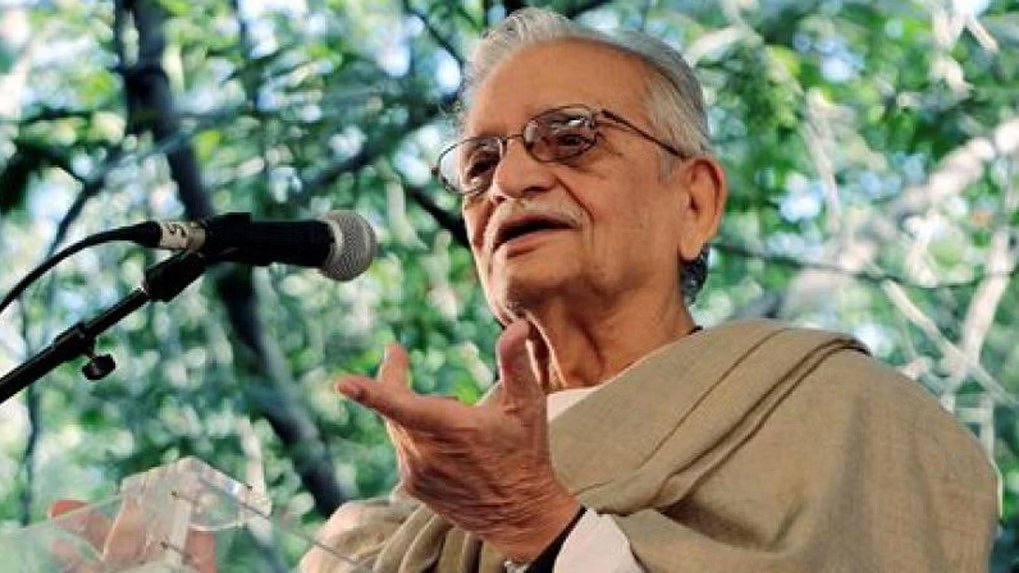By: Dr. Ratan Bhattacharjee
In the last 95 years he is the first Norwegian Nobel Laureate in literature though his large body of work spans genres, ranging from plays, novels and poetry collections, to essays, translations and children’s books. Fosse’s work has been translated into more than 40 languages, I read in the James Branch Cabell Library in Virginia Commonwealth University a few of Jon Fosse’s books and one of them is Septology translated by Damion Searls, which was brought to the United States by the California-based nonprofit publisher Transit Books, which is run by the husband-and-wife team of Adam Z. Levy and Ashley Nelson Levy Septology in three books is the magnum opus of Jon Fosse. In Septology an elderly artist speaks to himself as another person over the course of seven days.
Extending to 1,250 pages, the novel is written in the form of a monologue in which an elderly artist speaks to himself as another person. The work progresses seemingly endlessly and without sentence breaks, but is formally held together by repetitions, recurring themes and a fixed time span of seven days. Each of its parts opens with the same phrase and concludes with the same prayer to God. I knew him basically as a poet and novelist. But today after the news of his getting the Nobel Prize, I started reading more about him and was stunned by his contribution to drama. He wrote forty seven plays and gained his fame in the European countries. The journey as a playwright began in Paris. It is somewhat a surprise for us in the US that the Norwegian novelist and playwright Jon Fosse has won the Nobel Prize for literature. “Twenty years ago Jon Fosse was known as a poet and essayist in some well-read circles, his future success as a dramatist was at the very beginning.” Jon Fosse has been considered a favourite for the Nobel for years but nobody just could believe the news. The last Norwegian recipients of the Nobel Prize in literature were Sigrid Undset in 1928 and Knut Hamsum in 1920. Norwegian writers have received the Nobel Prize in Literature four times, but Jon Fosse is the first in 95 years. “Someone Is Going to Come,” “Dream of Autumn” and “I Am the Wind,” are some of the most widely performed in the world. His first play was And We’ll Never Be Parted, published in 1994 and he shifted to writing dramas which are all just unique in the creative excellence. Bent Gullberg in his Foreword to the collection of Plays Six rightly points out that he was more known in the beginning as a poet and novelist than a playwright. Today he has a weighty and luminous name as a dramatist across continents, strangely with the exception of Africa and India. His more than forty plays were translated to all the European languages as well as to Farsi, Japanese, Chinese, Korean and Russian 900 productions of his plays happened and in fact a tsunami of his plays premiered in Germany as well as France.
In an enlightening book about Fosse, The Luminous Darkness the Swedish author and critic Leif Zern highlights the mysticism of his steadily growing body of work. I did not get the chance to read Jon Fosse’s debut novel Red Black which was published in 1983. He began as a poet and novelist and then he was engaged in writing dramas. And then again he had a retreat to fiction. He started believing that writing is a form of mystical communion. But I read some of his other novels All his life he aimed at producing “literature that first and foremost aims to be literature without other considerations” as he told in crystal clear terms after winning the Nobel Prize for 2023. “Each novel begins, mid thought, the same way. Morning and Evening Melancholy I-II have all a huge theme and there are outrageous moments of delusions. In New Jersey, I caught the play by Fosse I Am the Wind where there is a propulsive circularity. The language in which Fosse is most prominent in writing is Nynorsk which is one of the two written forms of Norwegian, the other being Bokmal. The Nynorsk style tends to be more direct, compact and have a more active use of verbs.
His dramatic work often draws comparisons to Samuel Beckett and Henrik Ibsen. Any comparison with Ibsen or calling him a’ new Ibsen’ is an oversimplification of his writing But in an article published in New York Times “Fosse is compared to Beckett and Ibsen “ but this was from the point of view of “a fierce poetic simplicity”. He never planned anything as a writer. Decades of writing radiated serenity and the uproar of the Ibsen plays is not found in his writings, fiction or drama. The Child was the first English production that took place in London at the Gate Theatre. Aliss at the Fire, A Shining, Boathouse A Summer Day or The Name have a psychological profundity. They make Jon Fosse’s accolade major news in Norway’s Theatre world. Ulfsby, who organized a festival of Fosse’s work said his favorite play was Dream of Autumn, which gave him “a feeling of being part of something bigger,” all these justify his greatness as a playwright. At the age of 64, is perhaps better known in much of Europe for his plays though his poems and especially novels reached a high benchmark.
Born in 1959 in the coastal town of Haugesund on the West Coast of Norway he wielded his provocative pen to probe the limits of words in literature when he used sensitive language for his narrative in the novels. The French Daily Le Monde called him ‘the Beckett of the 21st Century’. Fosse hoped to impart a feeling of serenity to the readers through his writing, ‘I hope they can find of peace in or from my writing” he told the journalists after receiving the prize.
Earlier in 2022 Fosse in an interview with The Los Angeles Review of Books focused on what he called ‘the silent language’ which he claimed he is able to write well, It is not the story, but you can hear something behind it- a silent voice speaking. In a word he tried to create his own space and tried to write in a language he grew up with. He studied comparative literature at the University of Bergen and since then he found writing to be a form of escape quite unlike that of the language of Ibsen. Someone is Going to Come made him famous as a playwright and it was a Paris Production and the journey as a dramatist continued for the next 15 years. The great French Director Claude Regy put Fosse on the world map as early as 1999 taking note of the fantastic production Someone is Going to Come at theatre Nanterre in Paris. That was a historic beginning and a long line of directors followed after that. Now the great challenge is the translation of Fosse’s books which have not been so far available to the non-Norwegian speakers. Fosse will receive 11 million Swedish Krona about 991000 dollars. In his writings, he blurs the boundary between memoir and fiction. It is undeniable that Jon Fosse has produced a critical mass of excellent writing which also innovates continually. Before winning Nobel he was prolifically popular in Europe. Now gradually he is making his dent in the English speaking world, America, Britain, Canada and Latin America and also in India and Africa. (The author is an affiliate faculty in the English department at Virginia Commonwealth University, Richmond. He can be reached at bhattacharjr@vcu.edu)







